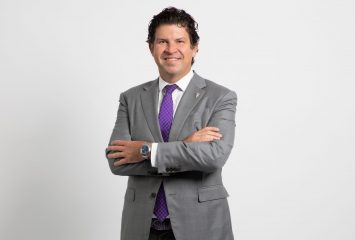
A Look Into the Future
TCU President Daniel W. Pullin is helping lead the charge of improving a wonderful student experience.

TCU President Daniel W. Pullin is helping lead the charge of improving a wonderful student experience.
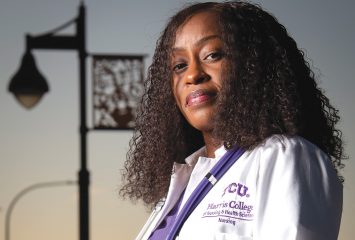
TCU researchers seek to close gaps in health care access and outcomes for underserved people.
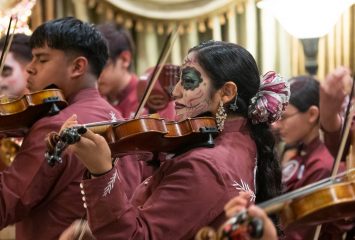
Laura Singletary’s deep dive into a high school’s mariachi program spurred the start of one at TCU.

Geologic detective work unearths clues to evolutionary history in the prehistoric rock.
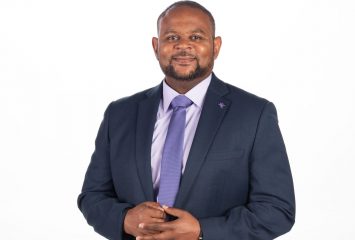
Institutional values guide how TCU engages in scholarship.
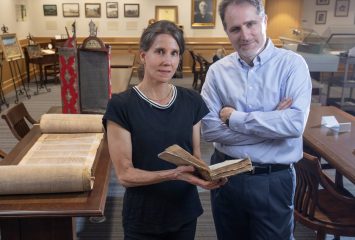
A project to catalog a Jewish collection at the TCU library uncovers a mystery in a medieval manuscript.
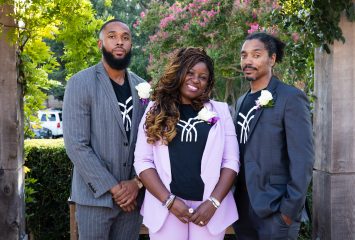
A groundbreaking book from TCU Press tells a more complete version of the university’s past.
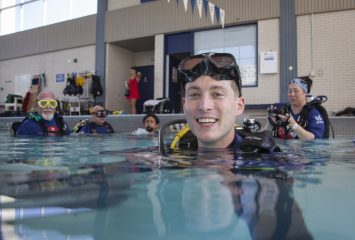
Joe Hoyle’s capstone project examines the impact of empathy training on scuba volunteers.

Kinesiologist Robyn Trocchio turns to virtual reality to help people have fun getting fit.
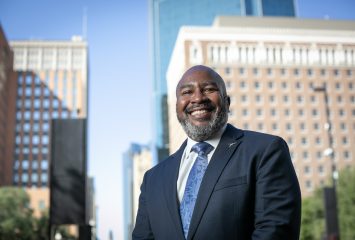
As Fort Worth continues to expand, Robert Sturns helps attract big business.
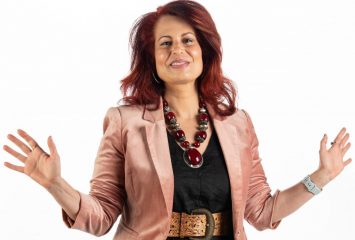
Antoinette DeNapoli is advancing the understanding of female empowerment in patriarchal religions.

Tricia Jenkins’ podcast on growing up in a cult draws acclaim.

A TCU team takes a hard look at the university’s policies and practices to root out systemic bias.
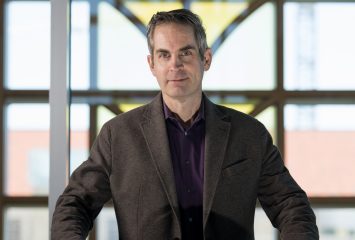
Tyson Browning studies the unintended consequences of punitive economic actions.
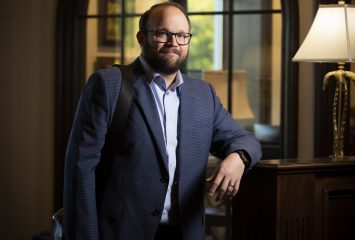
Stephen Lusch scrutinizes credit unions’ strategies to protect their regulatory advantage over banks.

Features
Elisa Marroquín says they help restore gut health after antibiotics.

Political scientist Grant Ferguson finds some surprises in researching the personalities and politics of cryptocurrency investors.